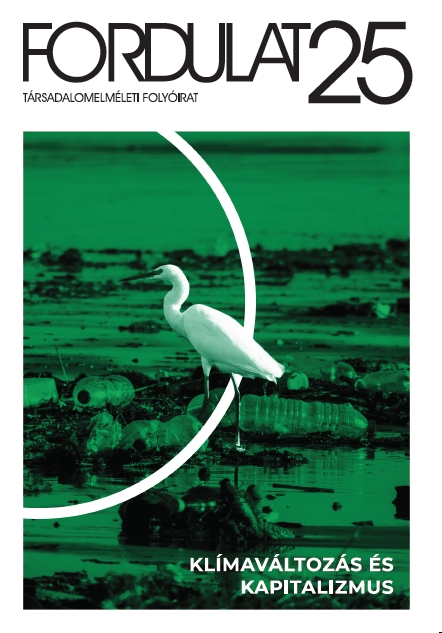A szén-dioxid mint értékmérő. Hogyan teremt értéket és pénzt a klímaváltozás?
The Commensurability of Carbon: Making Value and Money of Climate Change
Author(s): Steffen DalsgaardSubject(s): Politics / Political Sciences, History, Social Sciences, Economy, Geography, Regional studies, National Economy, Supranational / Global Economy, Agriculture, Energy and Environmental Studies, Marxist economics, Political Theory, Sociology, Political economy, Socio-Economic Research
Published by: Fordulat
Keywords: carbon;carbon-carbon-dioxide;financialization;capitalism;kyoto convention;commodification;ecology;ecologic damage;
Summary/Abstract: The introduction of the Kyoto Protocol is an attempt to save the climate through a number of schemes, or mechanisms, that commodify carbon. Among other things, these schemes create monetary incentives to reduce carbon emissions through the trade of permits and credits, and they make carbon an object of financial speculation. Most controversial is apparently the potential of carbon thus to be a universal yardstick for value by commensurating moral spheres of human action (the environment, the economy, development, etc.) that some people regard as distinct. This paper explores the consequences of the speculative aspects of carbon as a standard of value and as potential currency.on
Journal: Fordulat (2008-tól Új Folyam)
- Issue Year: 2019
- Issue No: 25
- Page Range: 102-125
- Page Count: 24
- Language: Hungarian

